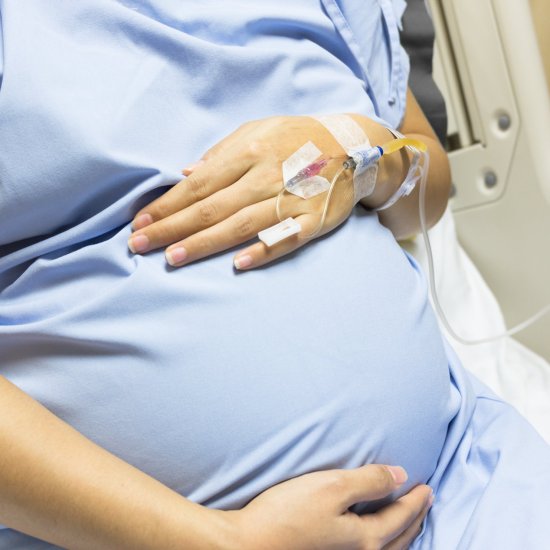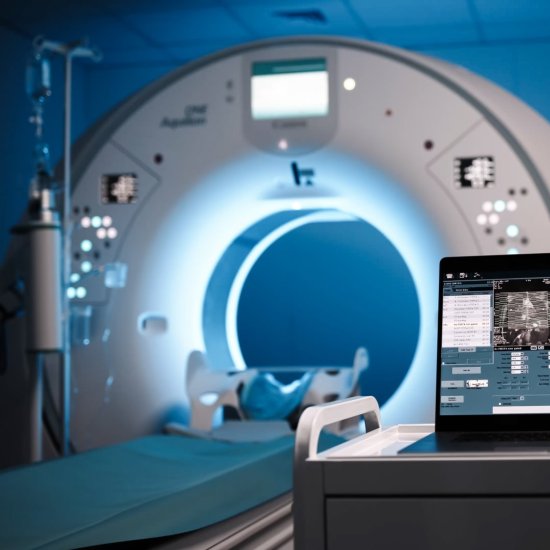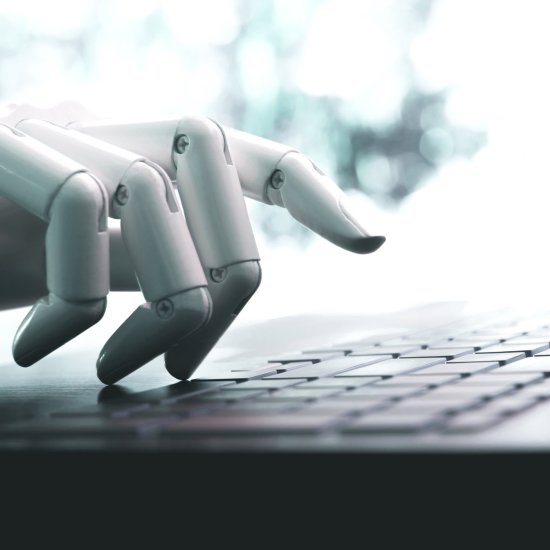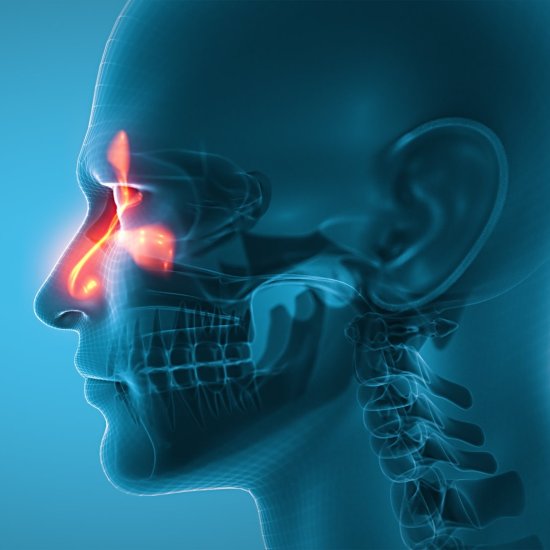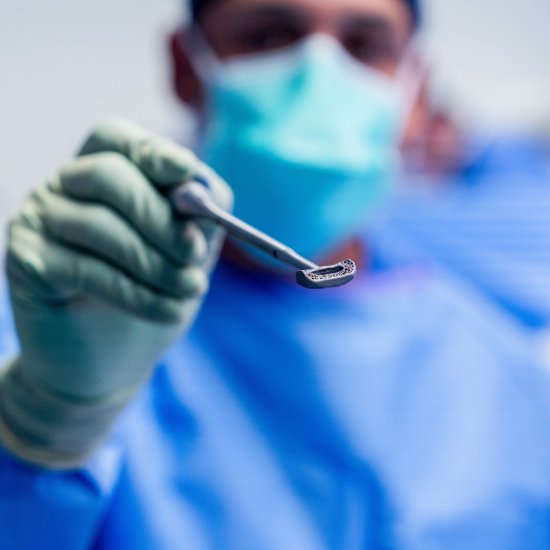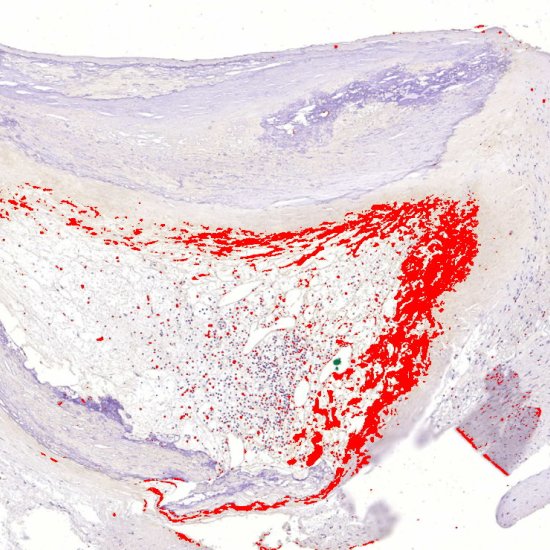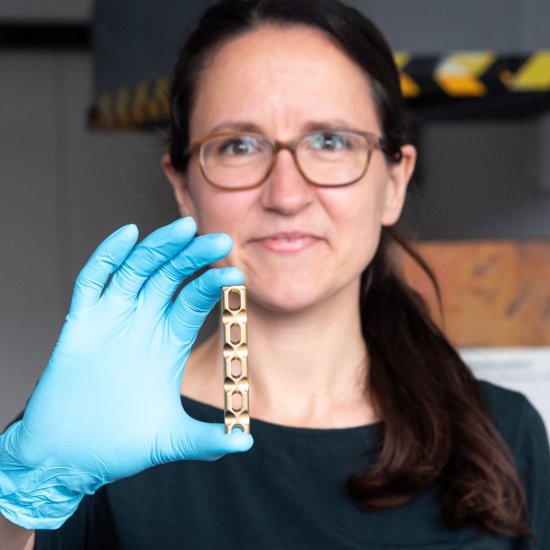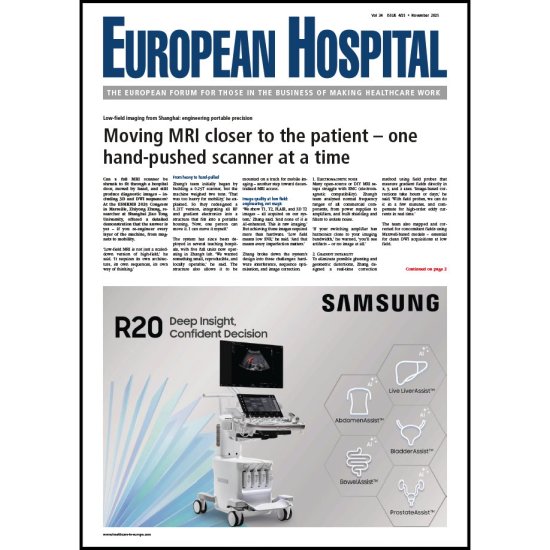
|
|
Machine learning applications in cardiology demonstrate significant potential for improving patient care and treatment outcomes. Researchers have developed an innovative algorithm using cardiac MRI images to identify breast cancer patients at risk of cardiotoxicity during cancer treatment. The newsletter also explores challenges hospitalists should consider when managing critically ill pregnant patients and the transformative impact of AI on radiology practice and professional roles. Enjoy reading!
|
Advertisement
 |
|
|
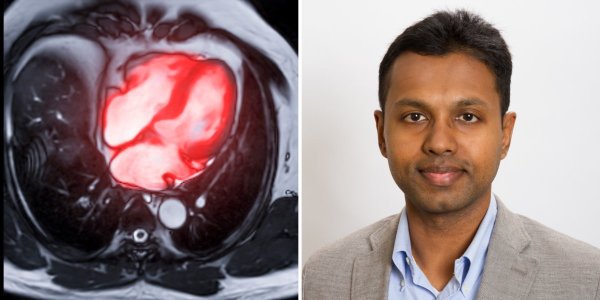 |
Article • AI-powered prediction
Researchers have developed a machine learning algorithm that uses cardiac MRI images to help identify breast cancer patients who may be at risk of cardiotoxicity during cancer treatment. The research, led by cardiologist Dr Paaladinesh ... |
Article • Hospitalists explore diagnostic and therapeutic adjustments
Hospitalists face a dual challenge when a critically ill pregnant patient is admitted to a hospital: providing safe and effective treatment for both mother and fetus. Pregnancy causes physiologic changes as well as anatomical ones, which complicates ... |
|
Article • Societal and ethical impacts explored at ECR 2025
Patient communication facilitated by chatbots, image quality optimized by machine learning: Artificial intelligence (AI) is entering radiology at breakneck speed, transforming the specialty almost beyond recognition. So, how will the future of ... |
|
News • Patient-specific dose quantification
A newly developed method to accurately quantify how much radiation is absorbed by the blood during cancer treatment could lead to more personalised, preventive, and safer radiotherapy. |
|
News • Reducing clinician burden and burnout
AI-driven scribes that record patient visits and draft clinical notes for physician review may lead to significant reductions in physician burnout and improvements in well-being, a new study finds. |
|
News • Clarithromycin versus endoscopy
Surgery or antibiotics? For the first time, a major clinical trial compared treatment options for chronic rhinosinusitis (CRS), or sinusitis – clearly favoring the surgical approach. |
|
News • New technological approach
A novel procedure at UC San Diego Health uses a combination of artificial intelligence and 3D printing to develop a customized implant for the spine during fusion surgery. |
|
News • Reliability of mammography analysis
AI may be effective at detecting advanced breast cancer in mammograms, but current models still lack reliability. New research from Korea suggests that up to 14% of invasive cases are missed. |
|
News • Bacterial buildup to myocardial infarction
An unexpected trigger for heart attack: Researchers show that dormant bacteria can contribute to atherosclerotic plaques and fatal myocardial infarction, effectively making it an infectious disease. |
|
News • Materials science meets medicine
Even though many implants such as artificial joints and pacemakers are made of titanium, they occasionally break – but why? A researcher is investigating implant failure and how to prevent it. |
|
ePaper
|
Article • Information & insights
The latest issue of EUROPEAN HOSPITAL is here! We cover promising applications of agentic AI in healthcare, latest developments in breast cancer screening and radiotherapy, give a sneak peek at the ECR 2026 congress, and much more. Click here to ... |
|
Personalia
|
 Roxana Mehran, MD
|
 Henkjan Huisman
|
|
Events
|
|
|
|
|
|
|
|
|
|
|
| |
You are receiving this email because you subscribed to our newsletter on healthcare-in-europe If you don’t want to receive this newsletter anymore, click here to unsubscribe.
Keep up-to-date on the latest news from all hospital-related fields!
Subscribe to our bi-monthly newsletter. Copyright © 2026 mgo fachverlage GmbH & Co. KG.
All rights reserved. E.-C.-Baumann-Straße 5, 95326 Kulmbach, Germany
email: newsletter@european-hospital.com |
|



|
|


